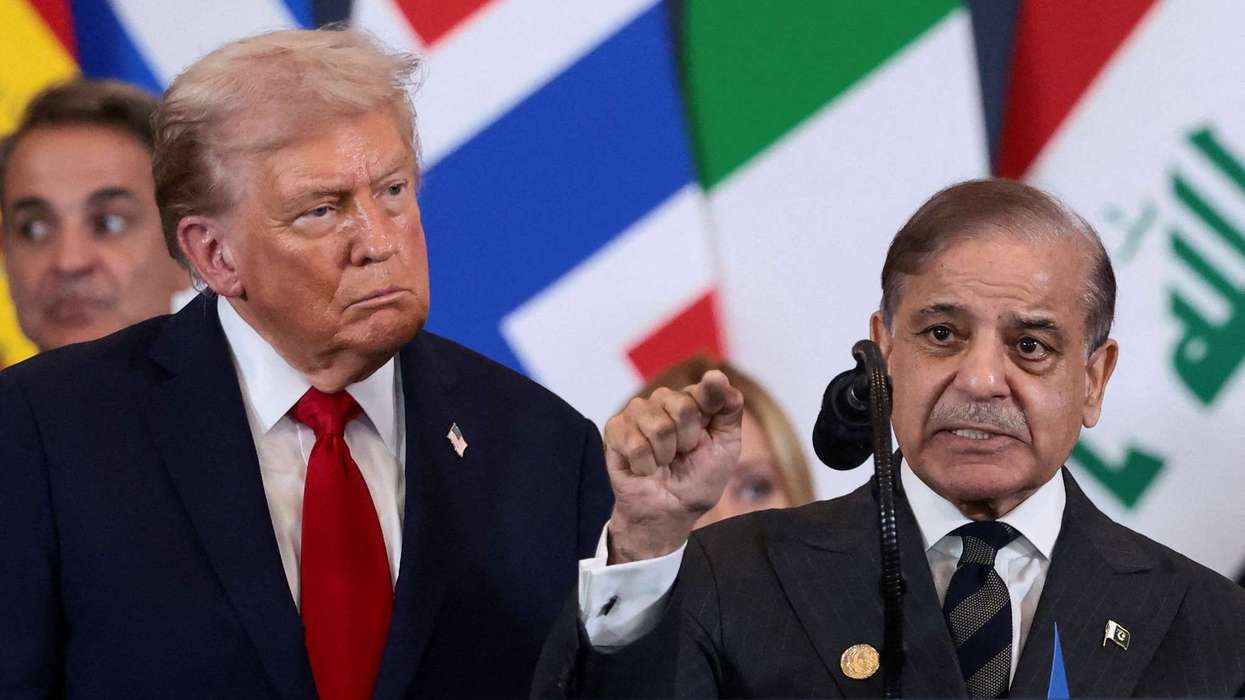DESPITE SOME RECENT upticks in travel, the U.S. is expected to see a 45 percent decline in travel spending this year, according to a study from the U.S. Travel Association. To try to stem the losses, USTA is holding a “Virtual Hill Week” to connect members to lawmakers to raise more federal financial support.
Domestic travel spending is forecast to drop 40 percent from $972 billion in 2019 to $583 billion in 2020, according to USTA, and international inbound spending is expected to fall 75 percent from $155 billion to $39 billion. Total domestic trips taken by U.S. residents are expected to fall 30 percent from last year to 1.6 billion, the lowest figure since 1991 during a previous recession.
“The data is telling us that travel and tourism has been more severely damaged than any other U.S. industry by the economic fallout of the health crisis,” said Tori Emerson Barnes, USTA’s executive vice president for public affairs and policy. “Given that travel employed one in 10 Americans and was the No. 2 U.S. export before the pandemic, supporting this industry through to the recovery phase ought to be a national priority. Our asks for lawmakers are substantial, but they’re also simple: we need relief, protection, and stimulus for the travel industry to make it past the worst of the crisis and help power an economic recovery.”
For “Virtual Hill Week” this week, nearly 300 industry members will participate in 75 online meetings with lawmakers in both the House and Senate. The topics of virtual discussion will include:
- Extending Paycheck Protection Program eligibility to destination marketing organizations that are currently ineligible for aid because they carry a non-profit or quasi-governmental designation.
- Tax incentives for restarting the travel economy, including a temporary travel tax credit; restoring the business entertainment deduction; support for the meetings and events sector; and tax credits for personal protective equipment and facilities sterilization.
- Protection from frivolous COVID-19 related lawsuits for businesses that follow proper health and safety guidelines.
- A federal backstop for the issuance of pandemic risk insurance to give businesses financial cover from future outbreaks or another wave of infections, similar to the Terrorism Risk Insurance Act enacted after 9/11.
There does appear to be some appetite for travel among consumers. As many as 62 percent of respondents to Fuel’s recent COVID-19 Consumer Sentiment Study said that they will take a vacation in 2020 and 16 percent said they would in 2021. Only 3 percent said that they had no desire to take a vacation.





